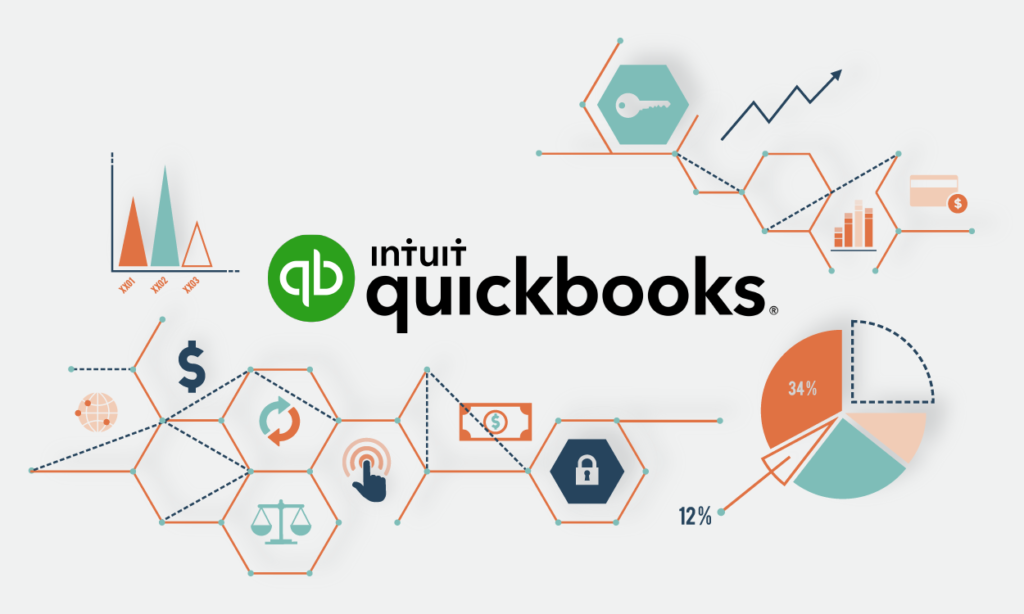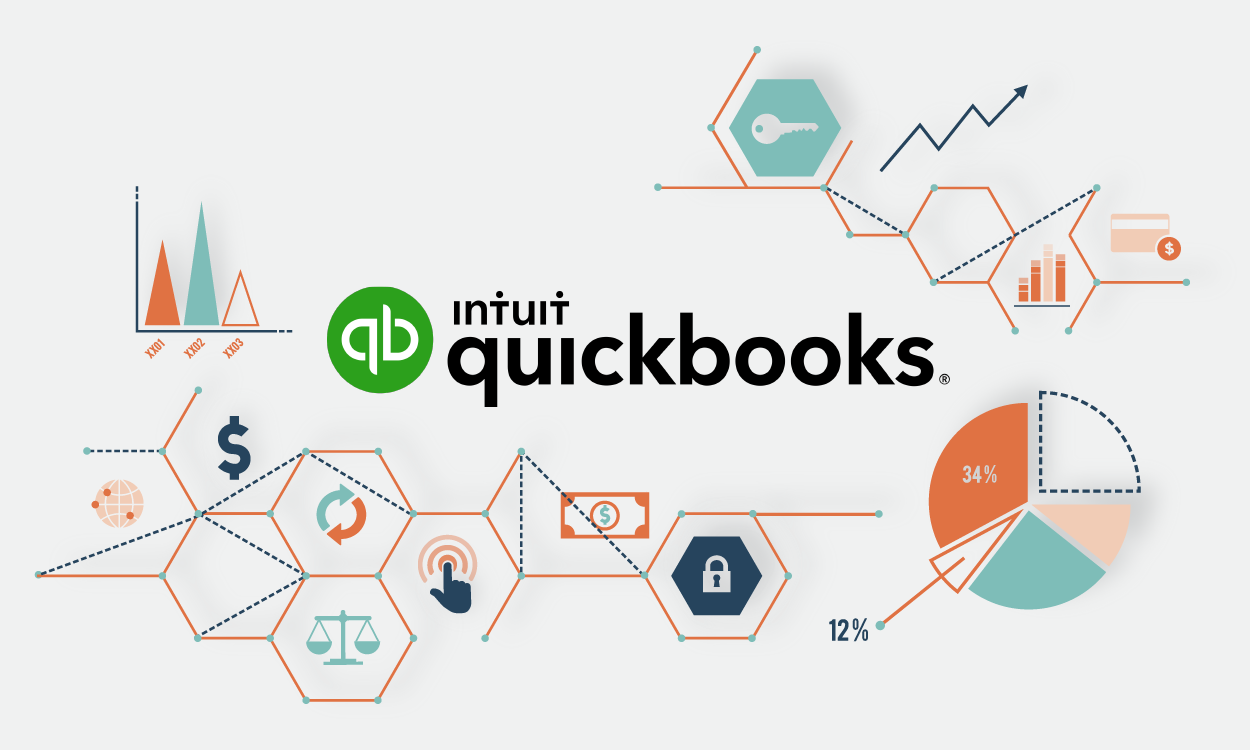Quickbooks and CRM Integration: Streamlining Business Processes for Better Efficiency
In today’s fast-paced business world, companies need to be able to streamline their processes and operations to stay competitive. One way to achieve this is through the integration of Quickbooks and CRM (Customer Relationship Management) software. Quickbooks is an accounting software used by many small to medium-sized businesses, while CRM software helps manage and analyze customer interactions and data. Integrating these two tools can help businesses automate their financial processes and improve customer relationships. In this article, we will explore the benefits of integration and look at a leading ERP in the industry, SAP.
Benefits of Quickbooks and CRM Integration

Improved Data Accuracy and Efficiency
With Quickbooks and CRM Integration, businesses can eliminate the need for manual data entry, reducing the chances of errors and ensuring data accuracy. For example, instead of manually entering customer information into both Quickbooks and CRM software, integration allows for automatic synchronization of customer data between the two systems. This saves time and increases productivity, allowing employees to focus on other important tasks.
Increased Visibility and Insights
Integration allows businesses to gain a better understanding of their customers’ needs and behavior. By tracking customer interactions and transactions in CRM software, businesses can analyze customer data and gain insights into their preferences and behaviors. This information can be used to create personalized marketing campaigns, improve customer service, and drive sales. Integrating Quickbooks with CRM software also provides a comprehensive view of business operations, enabling businesses to make better-informed decisions.
Simplified Accounting Processes
Integration streamlines accounting processes, making it easier for businesses to manage their finances. Integration allows for automatic synchronization of financial data between Quickbooks and CRM software. This means that sales transactions and invoices created in CRM software are automatically recorded in Quickbooks, eliminating the need for manual entry. This also makes it easier for businesses to track revenue and expenses, create financial reports, and manage cash flow.
Improved Customer Service
By integrating Quickbooks with CRM software, businesses can provide better customer service. With access to customer data in real-time, employees can quickly respond to customer inquiries and resolve issues faster. Integration also allows businesses to track customer interactions across multiple channels, providing a more holistic view of customer behavior. This information can be used to personalize customer experiences, increase customer loyalty, and drive sales.
Quickbooks and Simply CRM Integration: An Ideal Solution for Small Businesses
Small businesses need to maximize their resources and streamline their processes to succeed in today’s competitive market. Quickbooks and Simply CRM Integration can help small businesses achieve this goal by automating financial processes and improving customer relationships. Quickbooks is an accounting software that helps businesses manage their finances, while Simply CRM helps manage and analyze customer interactions and data. In this article, we will explore the benefits of Quickbooks and Simply CRM integration and look at a leading ERP in the industry, Microsoft Dynamics 365.
Benefits of Quickbooks and Simply CRM Integration
Improved Data Accuracy and Efficiency
By integrating Quickbooks and Simply CRM software, businesses can eliminate the need for manual data entry, reducing the chances of errors and ensuring data accuracy. For example, instead of manually entering customer information into both Quickbooks and Simply CRM software, integration allows for automatic synchronization of customer data between the two systems. This saves time and increases productivity, allowing employees to focus on other important tasks.
Increased Visibility and Insights
Quickbooks and Simply CRM integration allows businesses to gain a better understanding of their customers’ needs and behavior. By tracking customer interactions and transactions in CRM software, businesses can analyze customer data and gain insights into their preferences and behaviors. This information can be used to create personalized marketing campaigns, improve customer service, and drive sales. Integrating Quickbooks with Simply CRM software also provides a comprehensive view of business operations, enabling businesses to make better-informed decisions.
Simplified Accounting Processes
Integration streamlines accounting processes, making it easier for businesses to manage their finances. Integration allows for automatic synchronization of financial data between Quickbooks and Simply CRM software. This means that sales transactions and invoices created in Simply CRM software are automatically recorded in Quickbooks, eliminating the need for manual entry. This also makes it easier for businesses to track revenue and expenses, create financial reports, and manage cash flow.
Improved Customer Service
By integrating Quickbooks with Simply CRM software, businesses can provide better customer service. With access to customer data in real-time, employees can quickly respond to customer inquiries and resolve issues faster. Integration also allows businesses to track customer interactions across multiple channels, providing a more holistic view of customer behavior. This information can be used to personalize customer experiences, increase customer loyalty, and drive sales.




